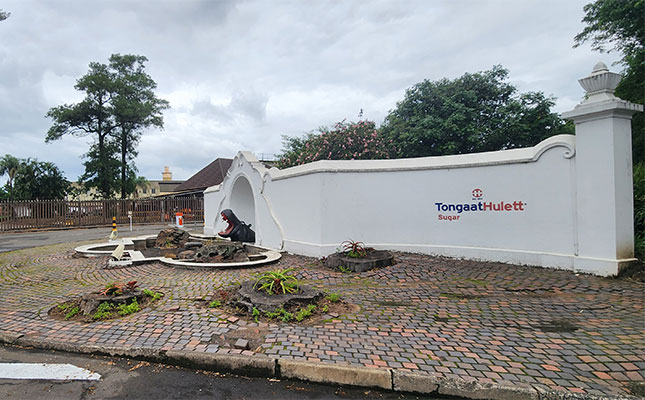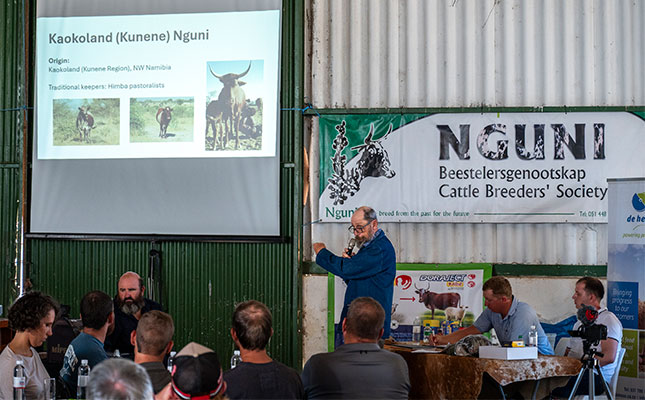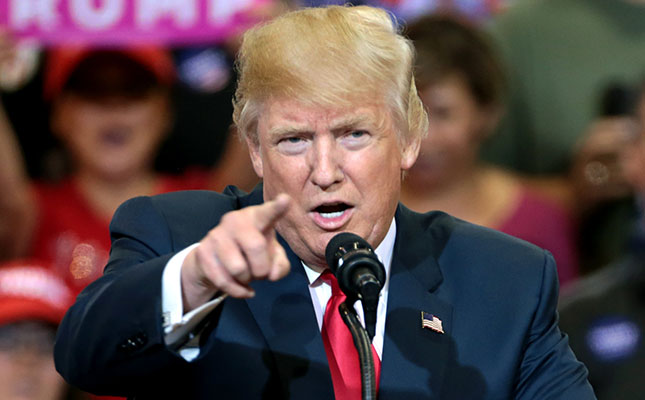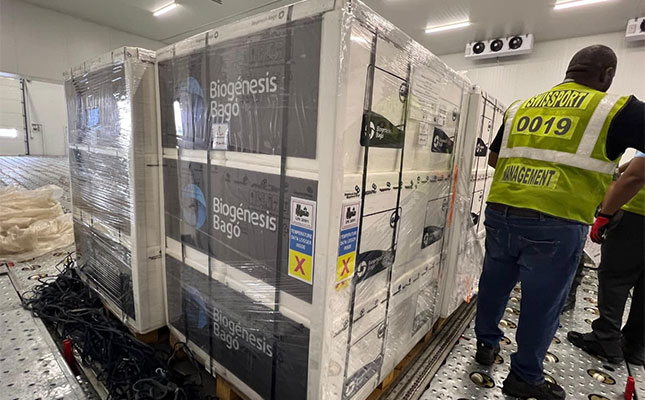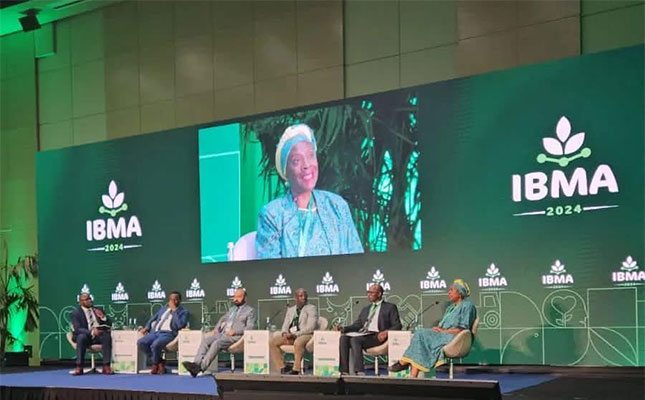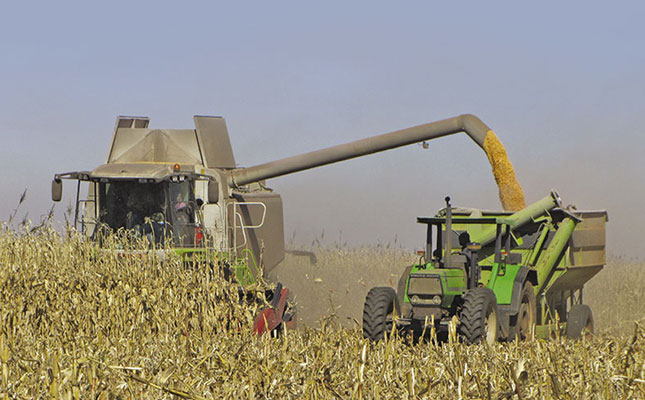
While it is still too early to predict what the fuel price increase would be for June, current prices are seriously undervalued, which points to another major price hike.
This was according to Dawie Maree, head of agriculture information and marketing at FNB.
According to the latest data from the Central Energy Fund, the price of petrol was currently being undervalued by between R1,93/l and R1,98/l, and diesel by R1,60/l to R1,62/l.
On top of this, the general fuel levy, which government cut by R1,50/l to soften the blow of rising fuel costs, would be reintroduced by the end of May, adding an additional R1,50/l to fuel prices.
This temporary reduction, which amounted to about R6 billion in foregone tax revenue, was funded by the liquidation of a portion of the country’s strategic crude oil reserves.
“The rising fuel costs will drive up farming costs, which farmers will probably have to absorb as consumer expenditure is already under severe pressure, as is evident in the decline in luxury food item sales and changes in food purchasing behaviour, for instance, with red meat being replaced by poultry, pork, or the latter with plant-based proteins,” Maree said.
While rising fuel costs had been identified as the biggest driver of inflation, Maree pointed out that high feed costs and herd building thanks to favourable climatic conditions were the main contributors to current higher food prices, including those of red meat.
“One can only hope for government to keep cushioning the impact of rising fuel costs by extending the R1,50 reduction in the fuel levy until prices recover, which probably won’t happen until the conflict between Russia and Ukraine has been resolved,” he said.
Minister of Finance Enoch Godongwana and Minister of Mineral Resources and Energy Gwede Mantashe released a statement at the end of March in which the introduction of a package of measures was proposed once the temporary reduction in the levy ended in June.
These measures included a 3c/l reduction in the Basic Fuel Price, the termination of the Demand Side Management Levy of 10c/l on 95 octane unleaded petrol sold inland, the introduction of a price cap on 93 octane petrol to allow regulators to sell at a price below the regulated price, and the termination of the practice of publishing guidance on diesel prices by the Department of Minerals and Energy in an effort to promote competition.
According to the statement, the Regulatory Accounting System for the petroleum sector, including the retail margin, wholesale margin, and secondary storage and distribution margins, would be reviewed to assess whether adjustments could be made to lower the margins over the medium term.
Get trusted farming news from Farmers Weekly in Google Top Stories.
➕ Add Farmers Weekly to Google ✔ Takes 10 seconds · ✔ Remove anytime
